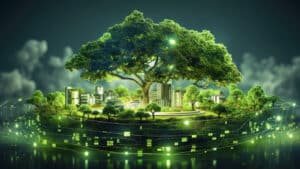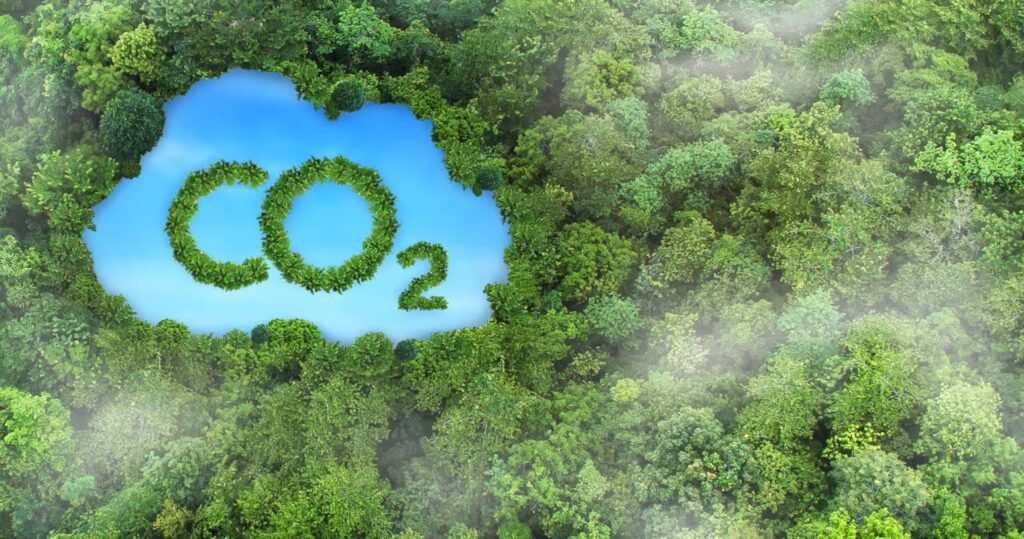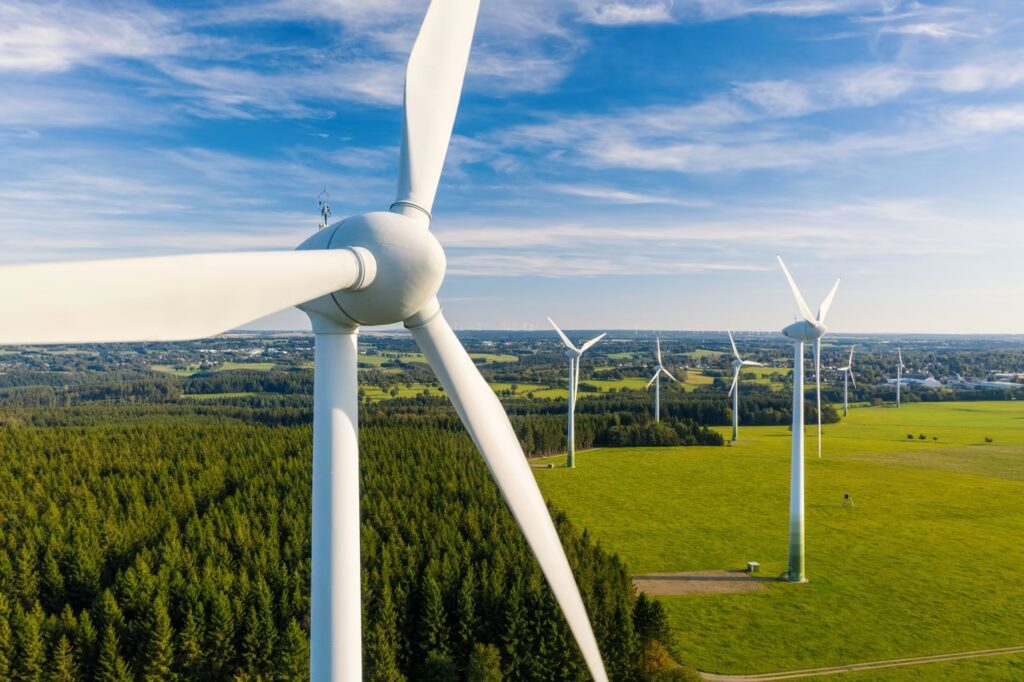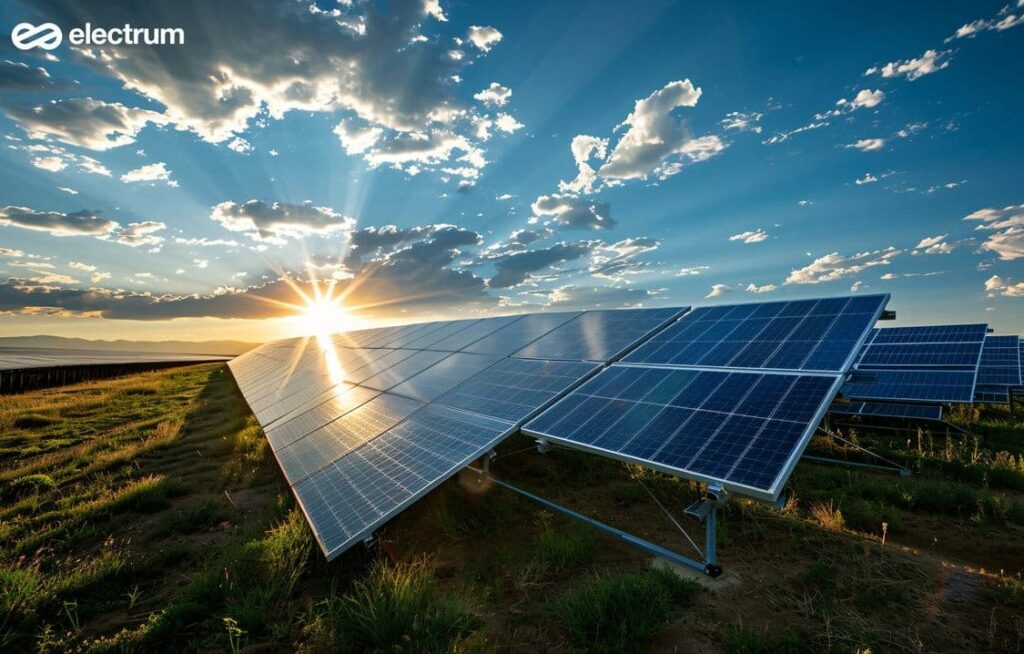
Some examples of creative projects related to RES include:
- Artificial leaves that mimic the process of photosynthesis, producing oxygen and hydrogen from water and sunlight.
- Flying wind turbines that harness stronger and more stable winds at high altitudes and transmit energy to the ground via cables.
- Perovskite solar panels, which have the potential to achieve higher efficiency and lower cost compared to traditional silicon panels.
These and many other ideas illustrate how creativity supports the development of RES and provides innovative engineering solutions. Creativity is not only a source of inspiration but also a tool for problem-solving and creating a better world.
Example: Floating solar farms
Engineers and automation experts are constantly seeking new solutions like those mentioned above, as well as finding unconventional uses for existing solutions. Floating solar farms exemplify this approach and represent one of the latest trends in renewable energy. Here are some key facts about them:
- Floating solar farms make use of water surfaces that are often underutilized or inaccessible for other purposes, such as recreation, tourism, or agriculture.
- They exhibit higher efficiency compared to traditional land-based farms because they are cooled by the water and can track the movement of the sun.
- Floating solar farms can also benefit the environment by reducing water evaporation, inhibiting algae growth, and preventing shoreline erosion.
If you are interested in innovations in the renewable energy sector, also read:
Wind farm maintenance: Innovations and challenges in operation
The Future of Renewable Energy in Poland: Innovations and Challenges




